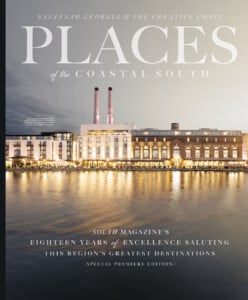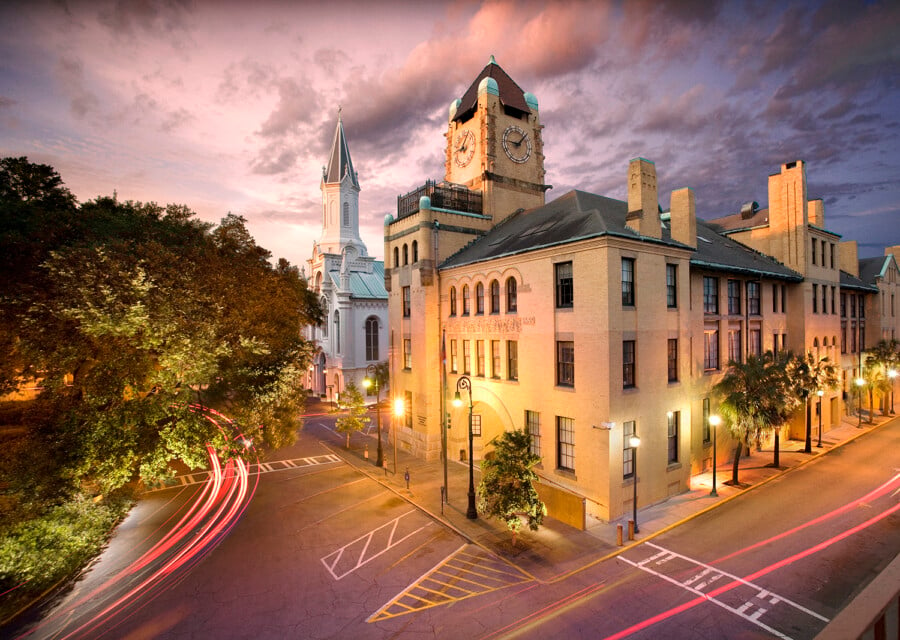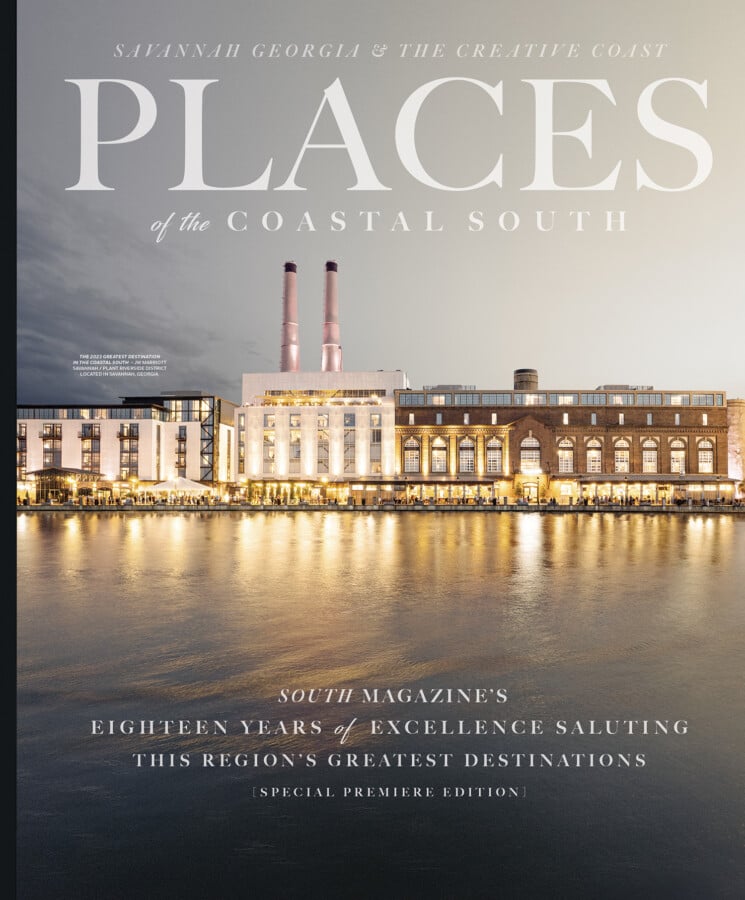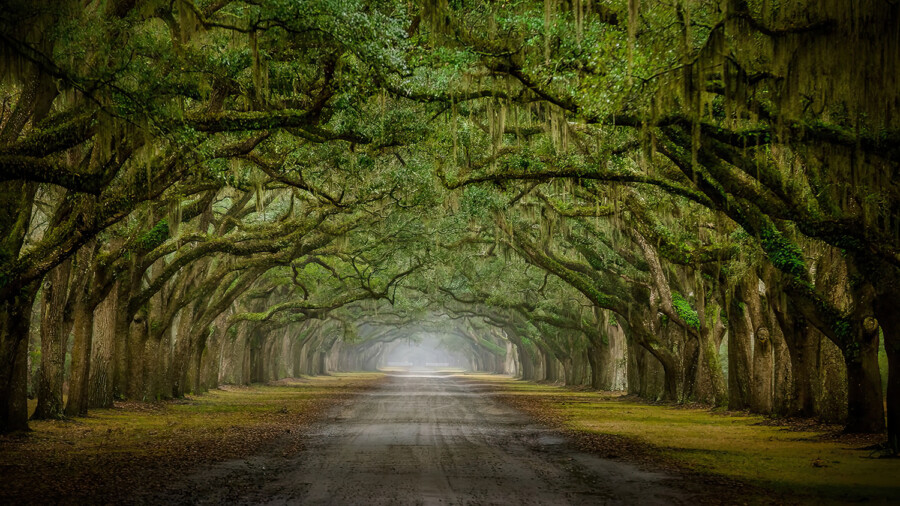Savannah Takes its Seat in History as a Place of Law
Well over two hundred years ago, when James Oglethorpe founded Savannah, the capital of his newly chartered colony of Georgia, he harbored utopian ideals for the city. His visionary plan included a city built around four squares and four strict prohibitions: no rum, no slavery, no lawyers, and no Papists.
Oglethorpe’s vision for an idyllic society, however, did not withstand the test of time. Banning rum, perhaps the most doomed policy of all, only made Savannah’s early residents thirst for it more. At a time when the city was just taking its initial steps, the prohibition on alcohol became increasingly impractical.
The ban on slavery, a noble but premature move, conflicted with neighboring South Carolina, where slavery was still legally practiced, and nearby Charleston was thriving. In the pursuit of wealth and prosperity, many Savannahians swiftly disregarded Oglethorpe’s decree, and soon enough, plantation owners were sipping Chatham Artillery Punch on their porches while benefiting from the labor of enslaved individuals.
Oglethorpe’s ban on Catholics appears curious, especially considering Savannah’s general tolerance toward various religious beliefs. However, Georgia was originally conceived as a buffer zone between the Carolinas and Spanish Florida, and the suspicion was not based on Catholicism itself but the fear that Catholics might be acting as Spanish spies. This, too, was a law that would be relaxed shortly after the colony’s founding.
The prohibition on lawyers, the fourth and final of Oglethorpe’s restrictions, was perhaps the least likely to succeed. It’s quite possible that an aspiring lawyer promptly filed a lawsuit, highlighting the irony of needing a lawyer to defend an anti-lawyer law. Ultimately, Oglethorpe’s ban on lawyers, like his other utopian ideals, was short-lived.
Today, the legal profession thrives in Savannah, a stark contrast to Oglethorpe’s original vision. Despite his well-intentioned, idealistic goals, the city has evolved into a bustling hub of legal activity, with lawyers playing an essential role in its growth and development. Oglethorpe’s ban on lawyers, just like the bans on rum, slavery, and Catholicism, stands as a historical curiosity, a reminder of the evolving nature of societies and their legal systems. Meet some of the lawyers that thriving in Savannah today bringing integrity to the field of law and landing on South magazine’s Greatest Lawyers 2023-24. ➸
Hello! Where’s the Rest of My Article? This story is just one of many featured in Places of the South, a 316-page book featuring the Greatest Destinations in the South.
This is the part where we ask for your support and before you click and run, please take a moment to look over this offer. Of course, if we spilled all the secrets, we’d be out of business! Help us keep the content flowing by supporting our work. This tantalizing article is just a taste of the treasures waiting for you in the 316-page special collector’s edition of South magazine, aptly named “Places of the South.”
Here’s how you can get your hands on this gem in three exciting ways:
- Explore our pre-sale locations in Savannah, Georgia. [click here].
- Dive into the digital edition instantly. [click here.]
- Starting December 12, grab your copy at your favorite major bookstore like Barnes & Nobles or Books-a-Million or one of your major grocery stores.
- The best for last solution is to purchase your single copy now with FREE shipping.
Many thanks for your support. For questions, contact us at 912-236-5501 or email us.














